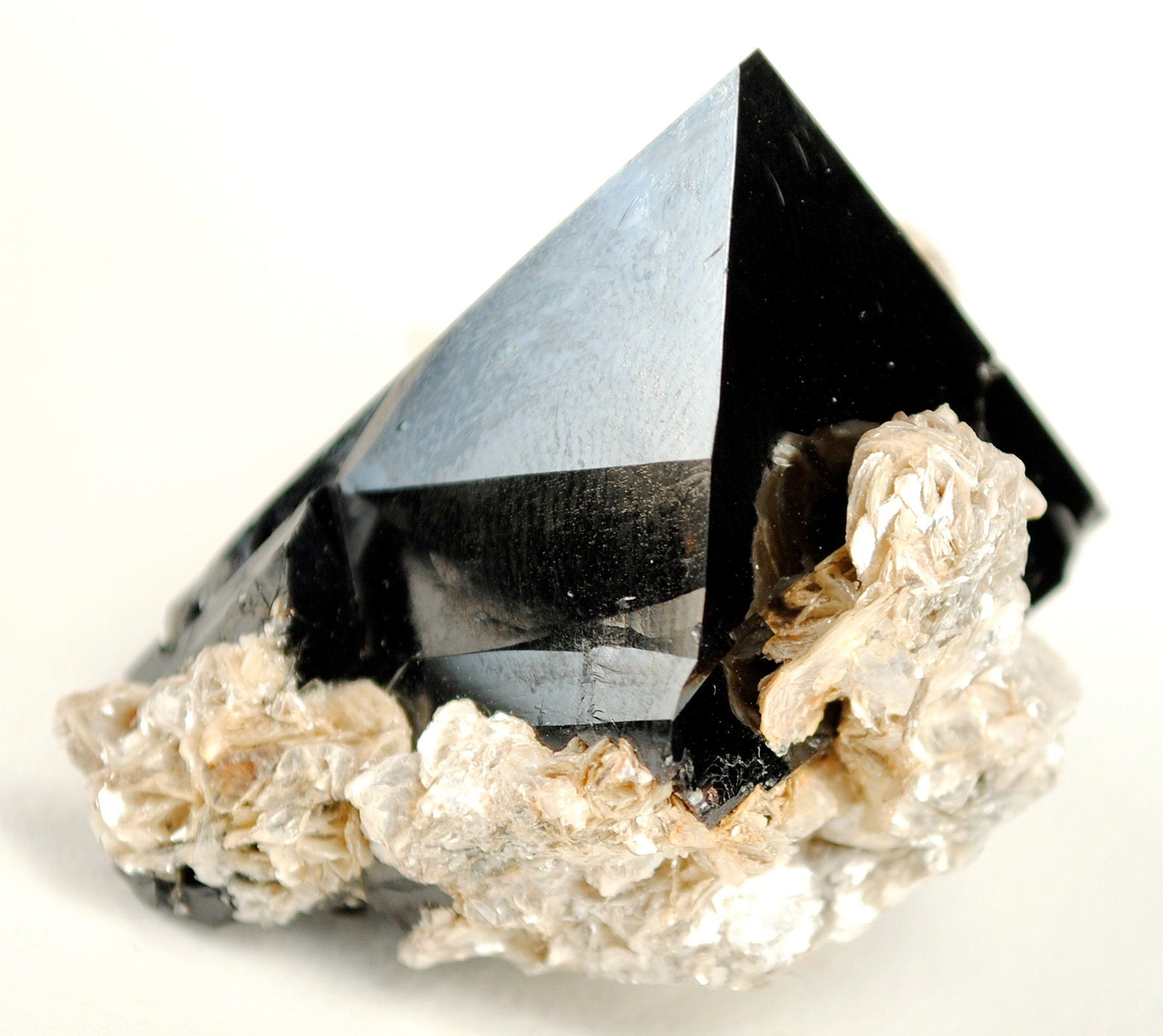Mineralogy Certification Course
What Is A Mineral?
A Scientific Definition of a Mineral
Scientific definitions for minerals vary somewhat, but the following scientifically accepted definition is short and easy to remember.
A mineral is a naturally occurring solid substance with a definite chemical composition and a specific crystal structure.
Let’s take a closer look at each condition.
Naturally Occurring
Minerals must form through natural processes. Consequently, synthetic or lab-created materials, like lab-created corundum (ruby and sapphire), are not minerals. Although gemologists can say lab-created rubies and sapphires are real rubies and sapphires, as well as real gemstones, it would be incorrect to call them minerals. In the United States, synthetic materials with the same properties as minerals can’t be called minerals in advertisements. Mineralogists refer to these products simply as synthetic materials, even if they are physically and optically identical to minerals.
Olena Rybnikova, PhD
Olena Rybnikova is a gemologist and mineralogist. She has a PhD in mineralogy and petrology specializing in beryllium minerals and is a certified Applied Jewelry Professional accredited by the Gemological Institute of America. Her passion is actively promoting knowledge and appreciation of nature, geology, and gemstones.
International Gem Society
Never Stop Learning
When you join the IGS community, you get trusted diamond & gemstone information when you need it.
Get Gemology Insights
Get started with the International Gem Society’s free guide to gemstone identification. Join our weekly newsletter & get a free copy of the Gem ID Checklist!
